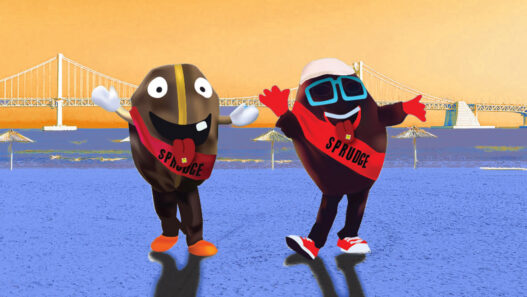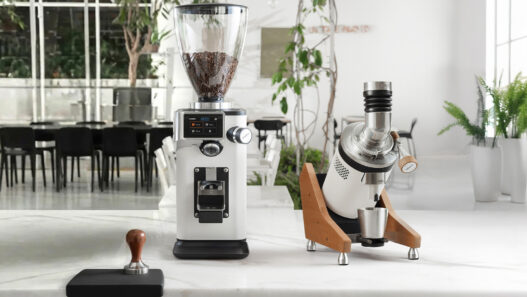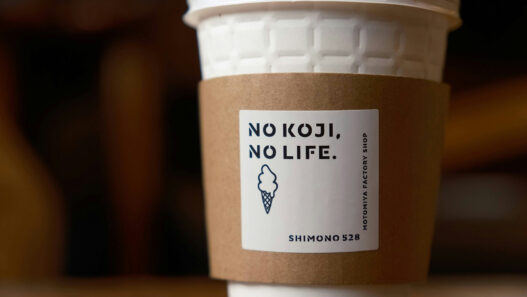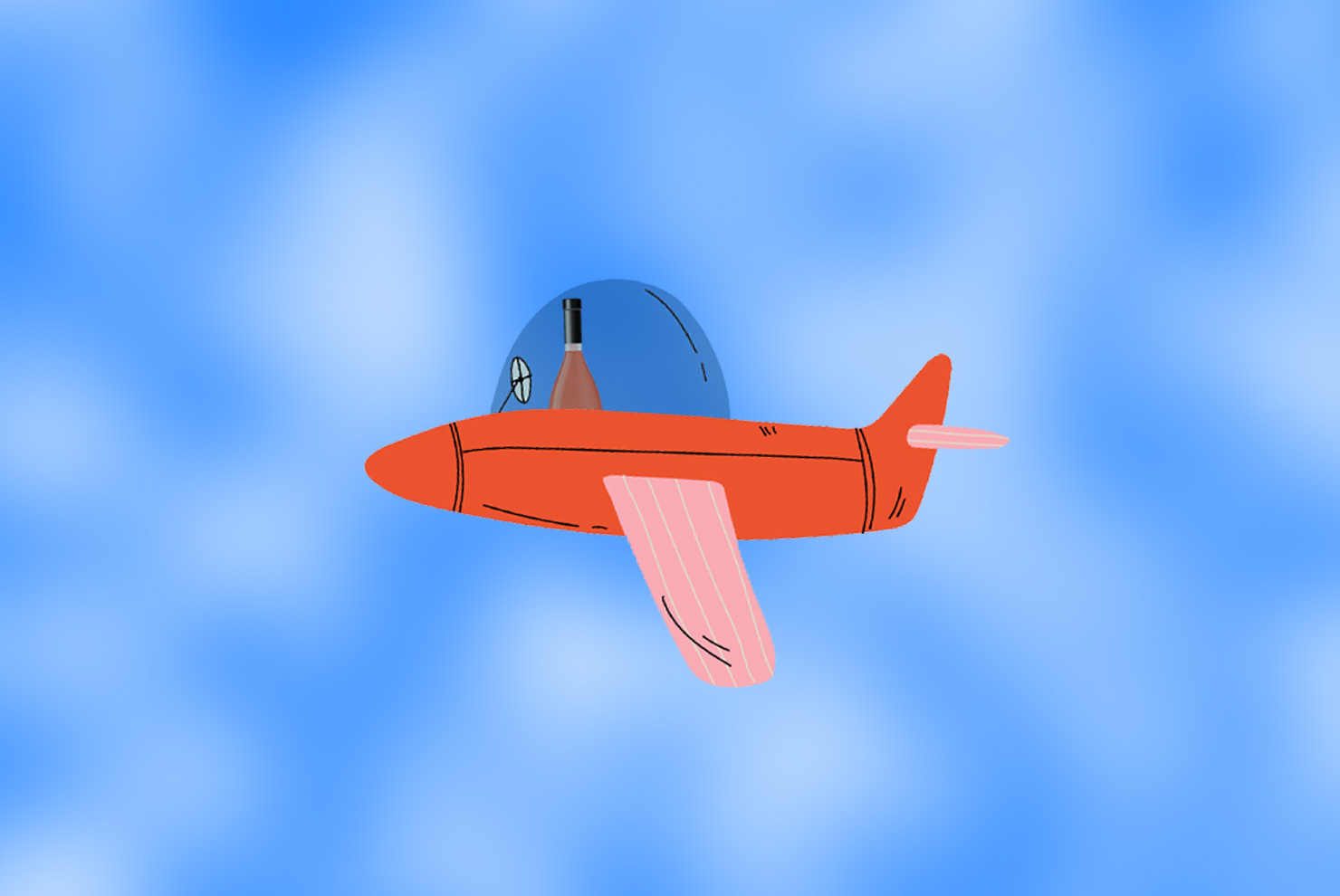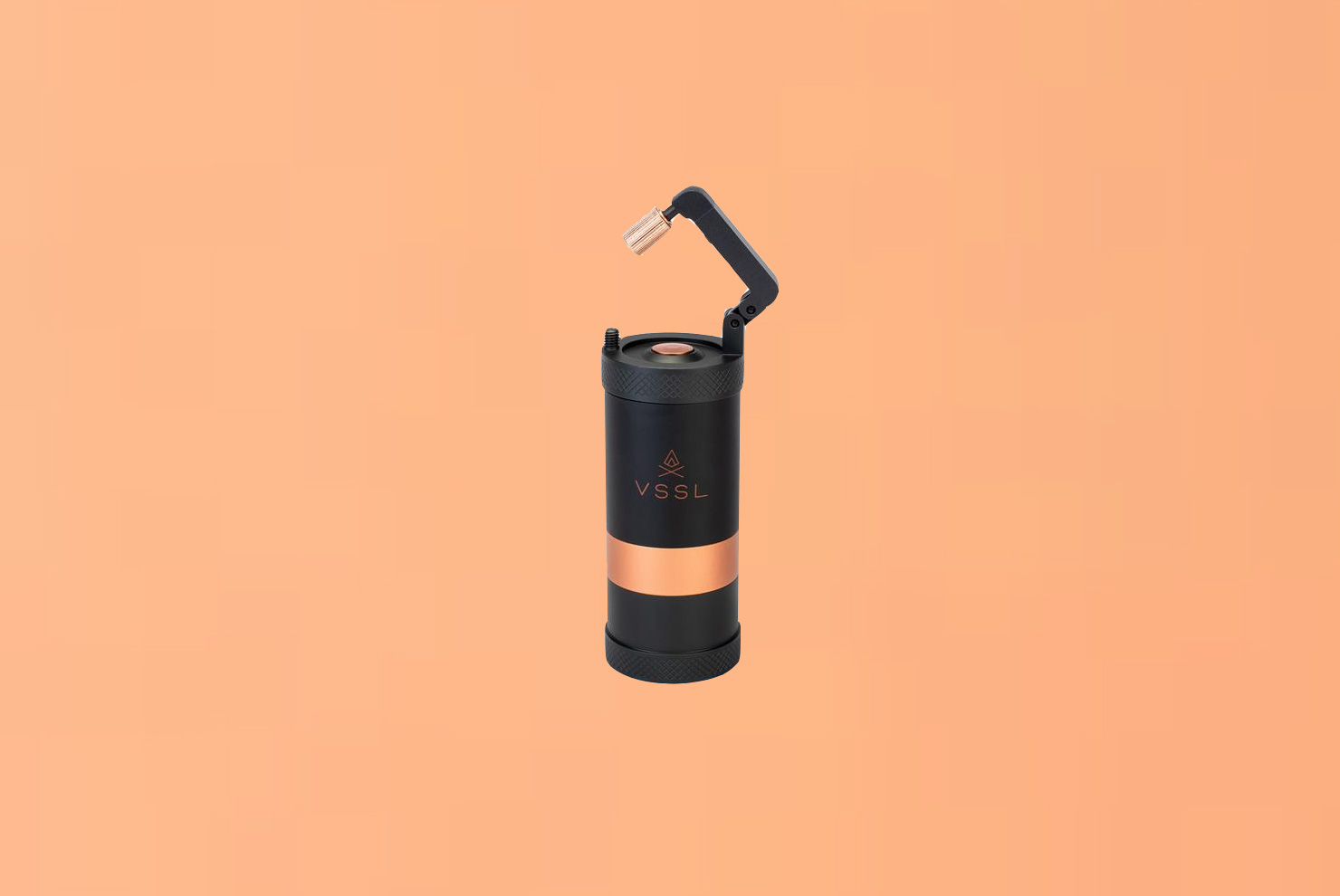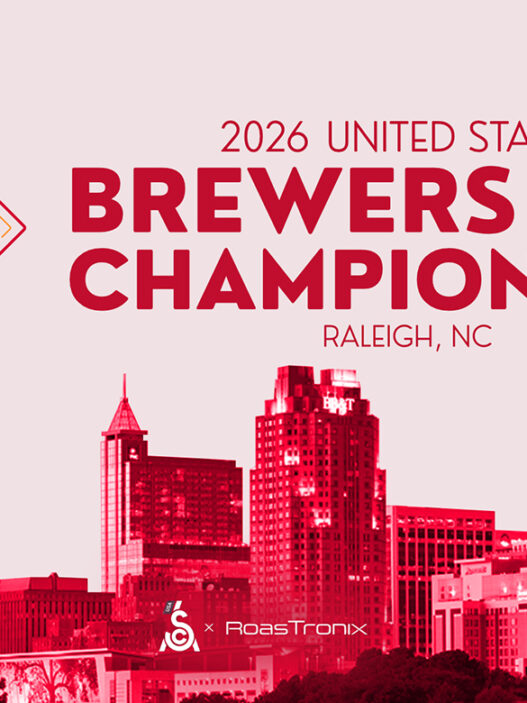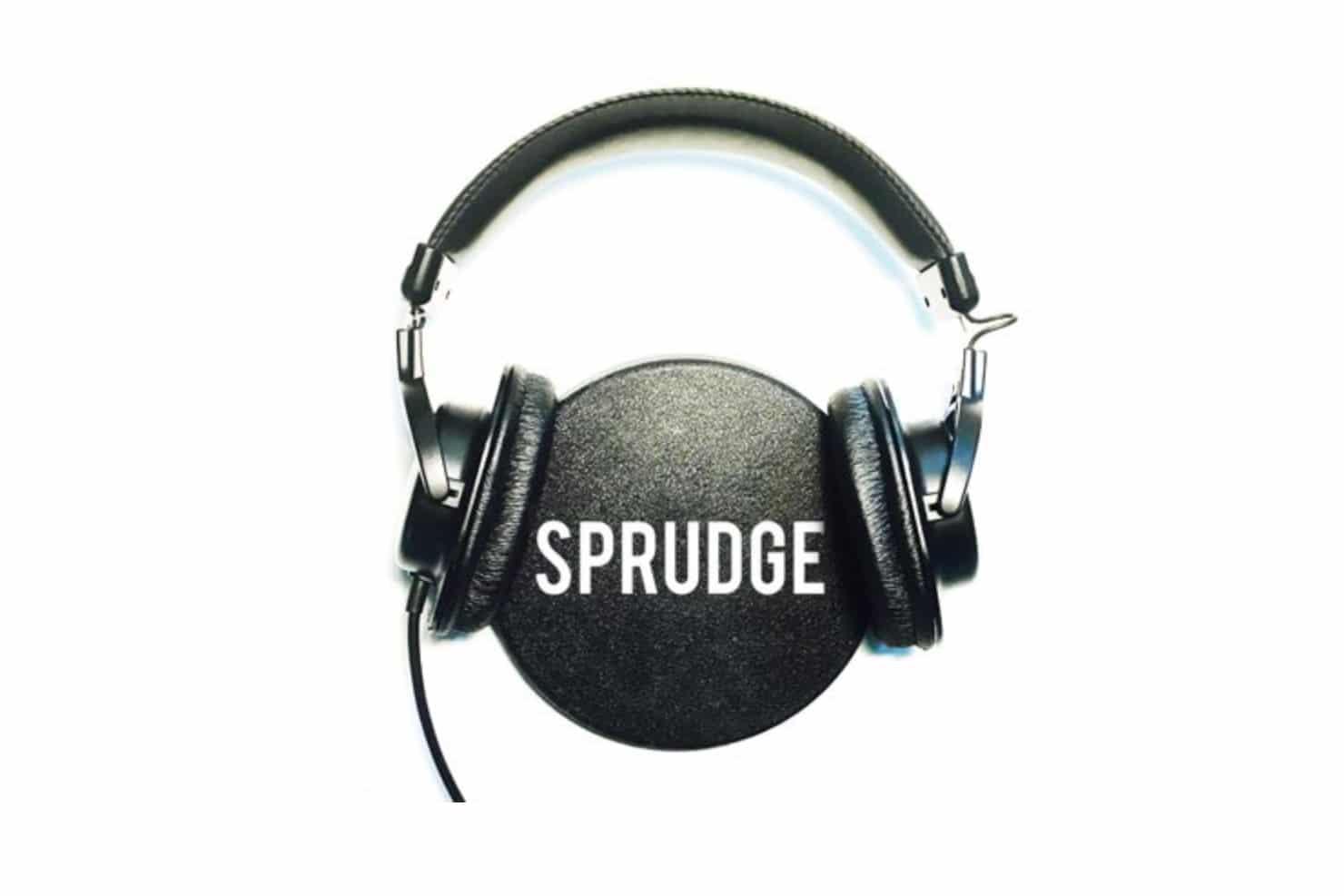The skies are a little friendlier and the wine-drinking world is better for it. After a temporary halt in March of the Trump Administration’s 25% tariffs levied against European agricultural and industrial goods—including all French, Italian, and German wines entering the States—stemming from a dispute between Boeing and Airbus, an official, long-term truce has been called between the US and EU.
If you’re wondering what airlines have to do with wine (other than, y’know, how many bottles of sauv blanc can I pound on a Trans-Atlantic flight to London before the flight attendants cut me off. The answer thus far has been 2.5), the answer is nearly two decades of government subsidies and petty tit-for-tat tariff levying. Reuters provides a full breakdown of the 17-year dispute, but in short, the US cried foul on subsidies Airbus was receiving and then backed out of an agreement with the EU dating back to 1992. The World Trade Organization found that some of the subsidies were a no-go, but not all of them, like the US argued. The EU got mad at subsidies provided to Boeing by the US government, there were a ton of court battles with each side point the finger at the other, and then the tariffs began. The US applied a 10% tax—soon upped to 15%—on a host of European goods, with the EU responding with a tax on $4 billion worth of US exports, leading the US to come back over the top with a 25% tariff.
Due in part to the disastrous economic effects of COVID-19, a four-month suspension of the tariffs was called by the two parties, halting the estimated $1.1 billion in taxes US importers have paid since 2019. Per the Wall Street Journal, the agreements removes the tariffs for five years, allowing for the affected industries relief in the climb out of the hole dug by the pandemic as well as ending the in-fighting between ally governments who can they turn their attention to a “common threat”: China. According to the WST, “China is pursuing heavily subsidized efforts to develop large passenger jetliners” and that “[Boeing and Airbus] but are concerned that Chinese-made airliners would pose a big commercial threat to their large sales in the world’s most populous country.”
But as we reported back with the initial cease fire, consumers shouldn’t expect to see any immediate impact in the price of their favorite Jura jammer. Much of what is currently on the shelves was purchased under the tariff, and the price will still reflect that. And as one importer told Food & Wine, roughly 12% of the company’s working capital had gone to tariffs. Higher retail price points thus may continue to linger as importers try to earn some of that back.
Still, this easement points to a brighter—or at least less tenuous—future for the global wine industry. And besides, the only petty disputes wine should be involved in are when you’re a bottle deep at a family gathering and some middle-distant relative pops off about QAnon or being anti-vaxx or something.
Zac Cadwalader is the managing editor at Sprudge Media Network and a staff writer based in Dallas. Read more Zac Cadwalader on Sprudge.




